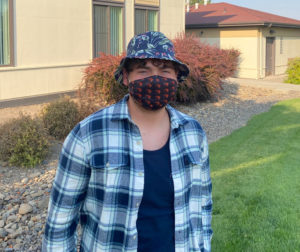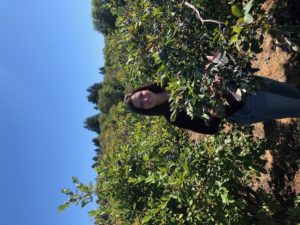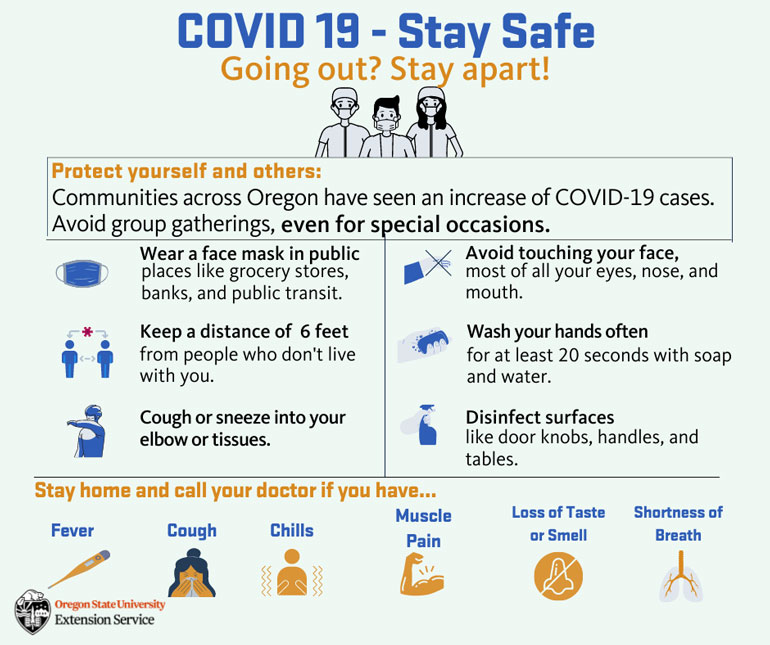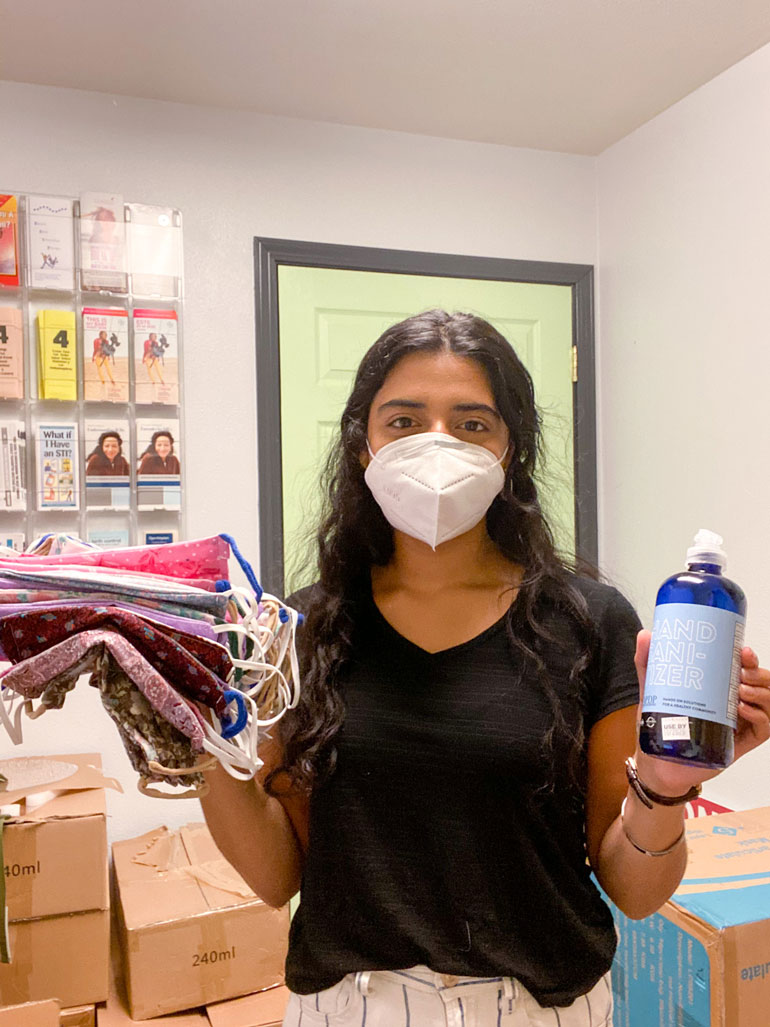Adrian Gallo, a graduate student at OSU, recently completed an internship in the Extension Communications office.
Oregon State University Extension programs reach into Oregon’s communities and help people of all ages, even if they don’t recognize it. Now approaching the end of my program, I’ve written about nutritional programs for underserved communities near metro areas and a new soilborne wheat virus affecting farmers in the sparsely populated drylands of eastern Oregon. No matter your geographic location, we are all connected, and Extension helps us to remember that fact.
Helping communities is at the center of Extension work, and it’s exemplified in our Master Naturalist programs. These programs help to educate Oregonians about the natural world around them, through field tours and site visits. This program encourages participants to contribute to community science efforts as well as promoting volunteer hours in the community where they did their field program – even if it isn’t their own place of residence.
One of the Master Naturalist programs often enrolls Portland-area residents for a course in the Klamath-Siskiyou mountains. After the weekend field tour, they continued returning to the area for recreation and volunteering. In the process of learning more about their state, they were also contributing to the southwestern Oregon economy. This increase in tourism and ecological awareness from others around the state may help keep smaller communities more stable in the long run.

In addition to connecting disparate communities that otherwise may not interact, Extension also supports the individual needs of tight-knit communities. For example, I wrote about one 4-H program specifically aims to teach Latinx children the importance of healthy eating as they are more likely to have issues with food security. Another 4-H initiative I wrote about helped save a middle school cross-country program from going defunct allowing more home-schoolers to also join. I also wrote about an even more ambitious endeavor by Extension faculty to work alongside Indigenous communities to make higher education more accessible to their citizens.
As a student, it’s easy to get wrapped up in Corvallis culture. As a research scientist, it’s all too common to try and keep the blinders on to other distractions in the world. After all, we only have so much time in the day. But even with my short time in Extension Communications, I’m learning about all the positive impacts Extension has throughout the state – impacts that wouldn’t be possible without leveraging the institutional and academic power of OSU. So, as an Oregon resident, I’m grateful to know Extension is constantly trying to make positive impact, and we should continue advocating on its behalf.















